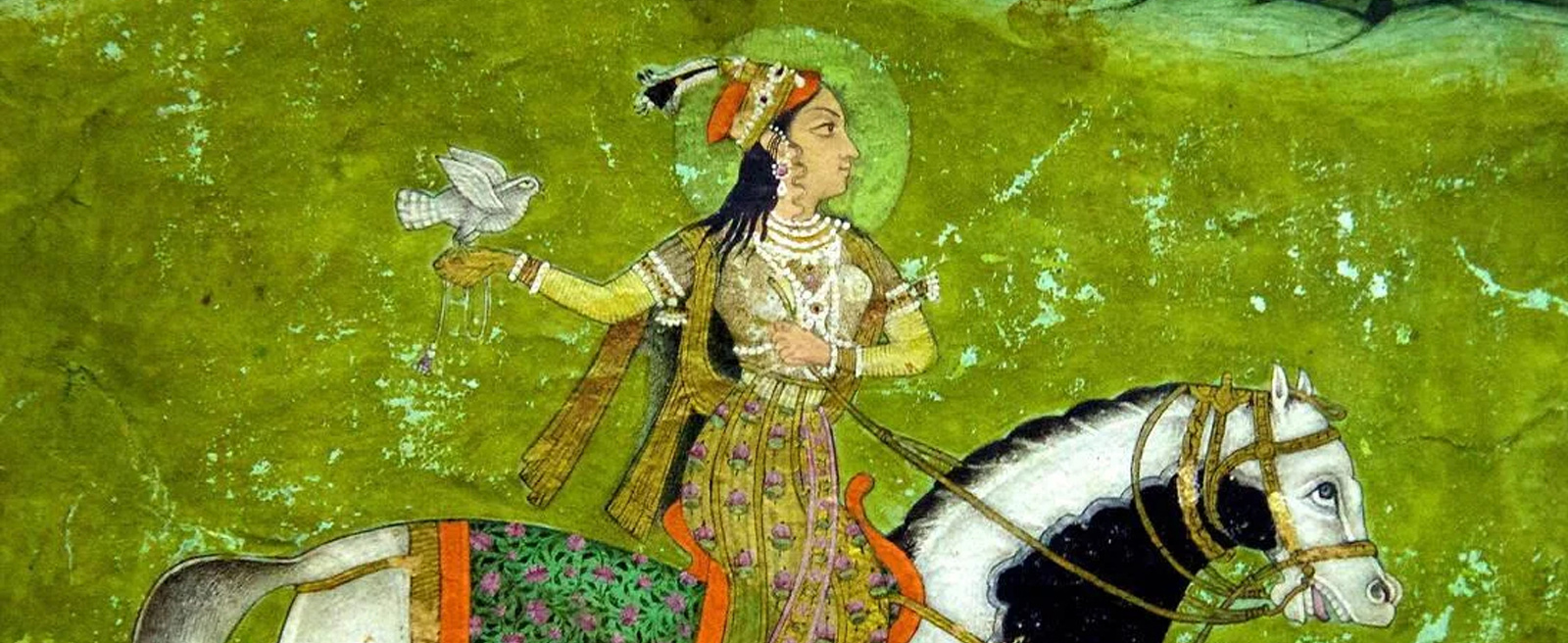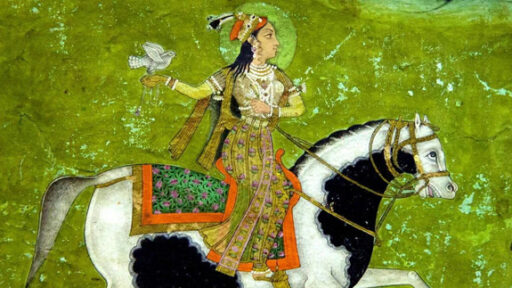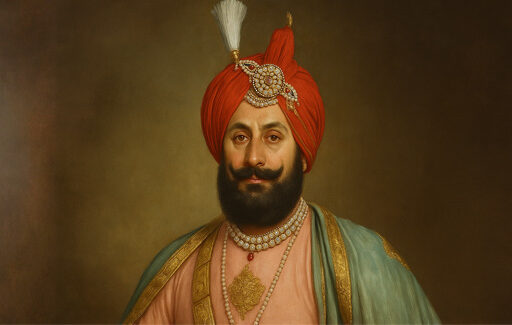Razia Sultana was born in 1205 in Delhi. She was the daughter of Sultan Iltutmish, a great and strong king of the Delhi Sultanate. Unlike most girls of her day, Razia was well-educated. She learned reading, writing, religion, history, and how to be a queen. Her father observed that she was extremely intelligent and courageous.
Whereas most princesses remained within the palace, Razia studied politics, administration, and leadership. She even went to court meetings with her father and provided wise counsel. Her father understood that she was far more capable than her brothers.
Her Father Chose Her as His Successor
Sultan Iltutmish had more faith in Razia than his sons. Therefore, he took a courageous and unusual step—he appointed Razia as his successor, which meant she would be the next Sultan after him. This came as a surprise to the nobles and people in the court since they had never witnessed a woman becoming Sultan. However, Iltutmish was confident in her abilities and believed that she could be a good ruler.
Sadly, when he died in 1236, the nobles did not let Razia become the queen. Rather, they offered the throne to her brother, Rukn-ud-din Firoz, who was not interested in the kingdom and only wished to indulge in luxuries. His mother also acted improperly and created trouble in the court.
Before long, the people and nobles grew discontent. Within a matter of months, they deposed Rukn-ud-din and summoned Razia to become Sultan.
The First and Only Female Sultan
In 1236, Razia was the first and the only woman Sultan of Delhi. She did not refer to herself as “Sultana,” which was the wife of a king. She referred to herself as “Sultan,” that is, the ruler, in order to assert that she was equal to a king.
Razia never used veils to conceal herself nor remained in the palace. She wore clothing similar to a male king, rode horses, commanded armies, and made choices alone. She ruled with self-assurance and bravery.
Her rule was equitable and righteous. She treated all people alike, whether they were poor or wealthy, Hindu or Muslim. She established schools, promoted education, and appointed ministers on the basis of merit, not caste or family.
Her Close Bond with Yaqut
Jamal-ud-din Yaqut, a slave once from Africa, was one of Razia’s most trusted officers. She appointed him to a key position in her court. Their close association was a gossip item. Some even claimed they were in love, although history cannot substantiate this fact.

The Turkish nobles were extremely resentful at Razia’s relationship with Yaqut. They did not enjoy being ruled by a woman, and they were even more resentful that a non-Turk and slave held authority.
Rebellion and Capture
The anger of the nobles increased, and one of them, the governor of Bhatinda Malik Altunia, initiated a rebellion. During the subsequent battle, Yaqut was murdered, and Altunia captured Razia.
Curiously, eventually, Altunia wedded Razia. It is assumed that he either fell in love with her or regarded her as a powerful ally. They both conspired to reclaim the Delhi throne.
Razia and Altunia led the forces towards Delhi to battle for her kingdom. However, the nobles had already put her brother Bahram Shah on the throne. Their force was too insignificant, and they were unable to win.
In 1240, only four years into her reign as Sultan, Razia was murdered. She was killed in battle, some say, while others claim she was assassinated.
Her Courage Lives On
Although Razia’s reign was brief, her leadership and courage were not forgotten. She was the first woman to occupy the throne of Delhi, and she reigned like a true leader. She did not give in or allow society to dictate what she could or could not do.
Razia proved that a woman can be wise, strong, and fair. She did not earn her spot by chance but with her intellect and bravery. Her life is still inspiring individuals, particularly women, today.
Razia Sultana’s life was not easy, but she overcame all of it with courage. She became a queen when nobody thought a woman could be a ruler. She was a queen among kings and nobles and showed that leadership is not gender-based—it’s about ability, heart, and bravery.
Even after centuries, her name glimmers as an epitome of courage and strength. Razia Sultana was not merely a queen—she was an actual Sultan.







